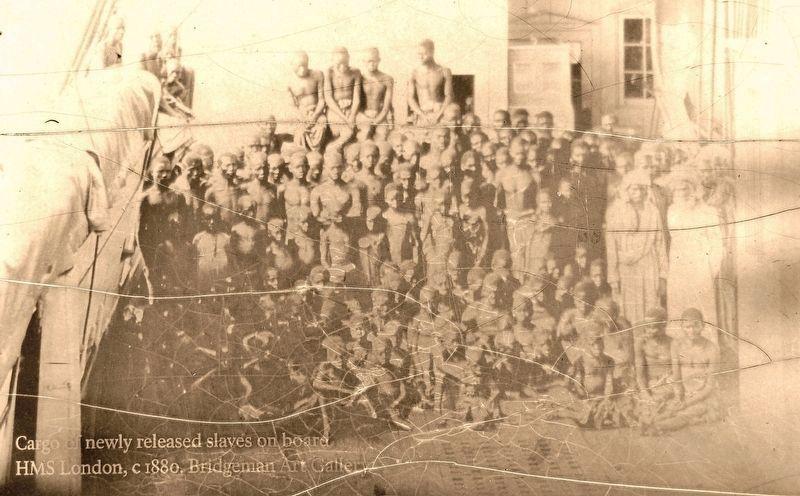History : The End ? Of The Slave Trade


"With Jefferson’s encouragement, Congress had voted in 1807 to abolish the international slave trade as of January 1, 1808—the earliest date permissible under the Constitution. South Carolina alone still allowed the legal importation of slaves, but most of the state’s influential planters favored a ban on the trade, nervous (having seen what happened in St. Domingue) about adding to the black population of a state in which whites were already outnumbered.
Congressional debate focused not on whether it was a good idea to abolish the trade but on what should become of any Africans imported illegally after the ban took effect. The final bill provided that smuggled slaves would be sold in accordance with the laws of the state or territory in which they arrived. It underscored, in other words, that slaves (even illegal ones) were property. Had the bill not done so, threatened one Georgia congressman, the result might have been “resistance to the authority of the Government,” even civil war. Although the debate over the slave trade did not fall along strictly sectional (or regional) lines, sectional tensions never lay far beneath the surface in this era of heated partisan conflict.
In anticipation of the higher prices that their human property would fetch once the law took effect, traders temporarily withheld their slaves from the market in the months after the law’s passage. During the last four months of 1807 alone, sixteen thousand African slaves arrived at Gadsden Wharf in Charleston, where they were detained by merchants eager to wait out the January 1 deadline. Although many of these slaves—hundreds, if not thousands—died in the cramped, disease-ridden holding pens before they could be sold, merchants calculated that the increased value of those who survived until the ban took effect would outweigh the losses. Not that January 1, 1808, brought an end to the international slave trade; a brisk— and profitable—illegal trade took over. As Justice Joseph Story noted in 1819, the slave trade “is still carried on with all the implacable ferocity and insatiable rapacity of former times. Avarice has grown more subtle in its evasions; and watches and seizes its prey with an appetite quickened rather than suppressed by its guilty vigils.” In 1819, Congress passed a law authorizing the president to use force to intercept slave ships along the African coast, but the small American navy could not halt the illicit trade in human beings."
pg 228, A People And A Nation by by Mary Beth Norton, Jane Kamensky , Carol Sheriff , David W. Blight, Howard Chudacoff


Yes, that is the same Gadsden (Christopher) who designed the well known Gadsden flag so beloved by white nationalists and some libertarians.
======================================================================
The "rest of the story" you probably won't hear from Trump's "1776 commission".
So, the US government decided to end the cross Atlantic slave trade (the South Carolinian slaveowners decided they didnt want an increasing slave population from fear that if the slaves outnumbered the whites badly enough there would be an uprising where all the whites would be killed) . Crafty slaveowners decided to withhold their newly arrived slaves from the market in order to maximize their price after the ban went into effect. The "collateral damage" of this financially motivated move was the death of hundreds or thousands of slaves in diseased and filth riddled "holding pens".
These slaveowners who watched people die daily so it would benefit their bottom line are some of our ancestors. This obscene inhumanity occurred barely 200 years ago.